President Javier Milei is going all out as the country approaches the legislative elections — he’s not just looking to win seats, he’s hunting for a blocking third in Congress that would allow his government to stop opposition initiatives and steer policy with confidence. This move arrives at a crucial moment: while his team prepares a reset of the administration, the Partido Justicialista and allied forces are quietly positioning themselves for the 2027 cycle.
Milei knows that governing without a strong minority is risky. If he can secure about one-third of the seats (a number that provides key veto power), he can keep the opposition from derailing his reform agenda and preserve momentum. Behind that goal lies a broader ambition: reset the Cabinet, adjust strategy, and cement his brand of leadership before the next phase of politics begins.
His campaign has ramped up visits to provinces where the opposition counts on making gains. Several gubernatorial offices are already signalling readiness to negotiate. Milei’s team believes that winning in territories, not just Buenos Aires, will be decisive for reaching that blocking third. They’re looking for local wins, not only national headlines.
The timing is delicate. While the Governor peronistas sharpen their tactics for 2027 and strengthen provincial machines, Milei wants to move fast. The aim: achieve legislative control, then go into the “second-generation reforms” phase — deeper tax reform, judiciary overhaul, state restructuring — with fewer obstacles. This isn’t just about election results; it’s about changing the rules of the game.
The symbolism and strategy matter as much as the numbers. For many voters, the question now isn’t only “who wins,” but “who can govern.” Milei’s calculation: If he demonstrates capability, discipline and strength now, he can shift the narrative in his favour. But if the opposition blocks him, the reform momentum could stall.

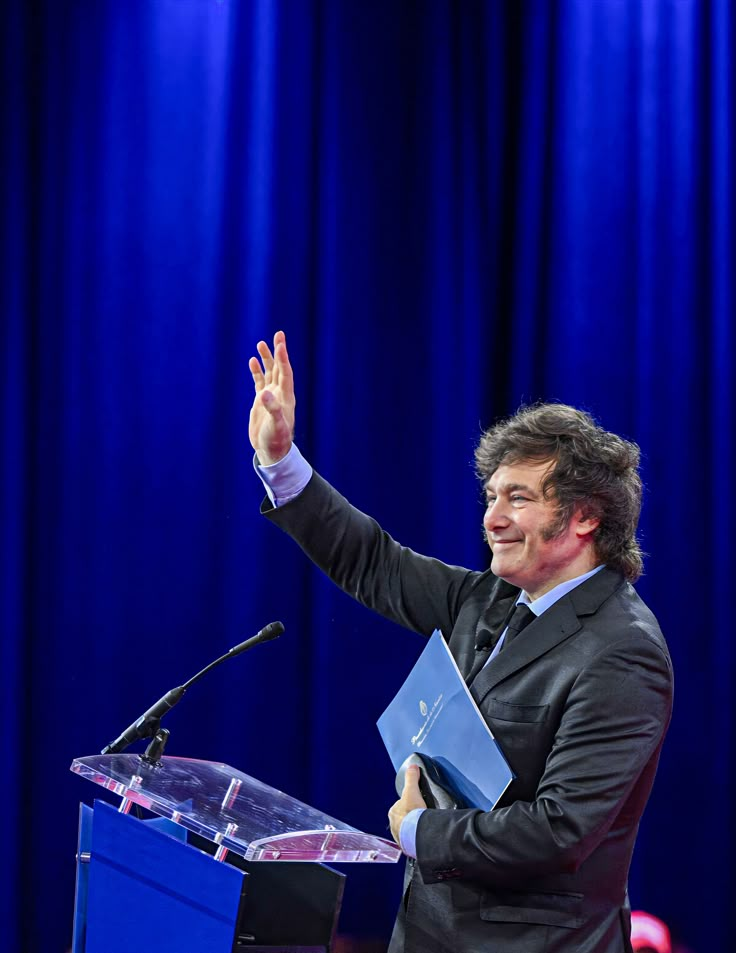
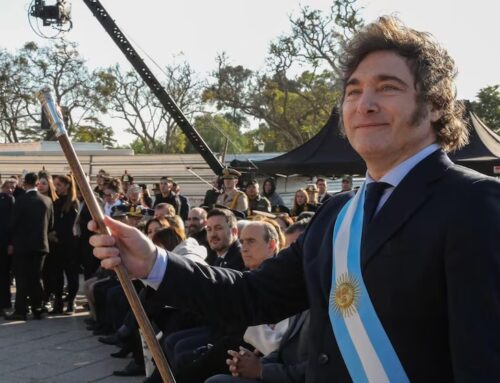
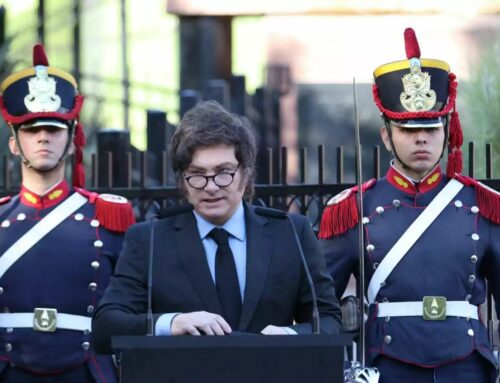
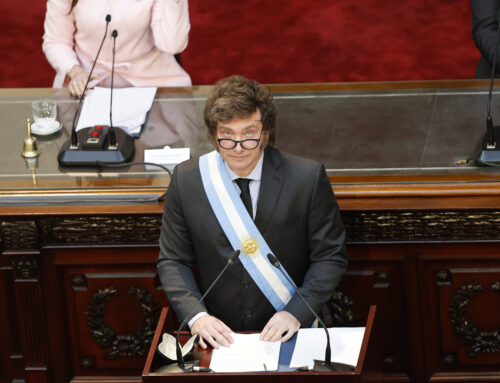
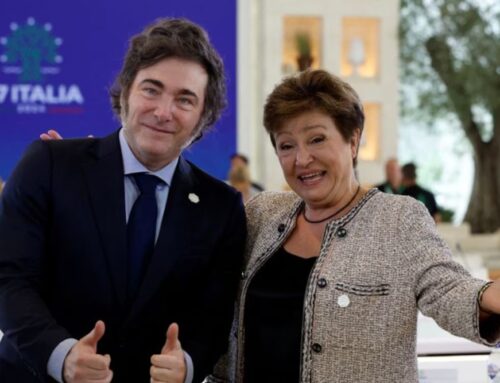

Leave A Comment